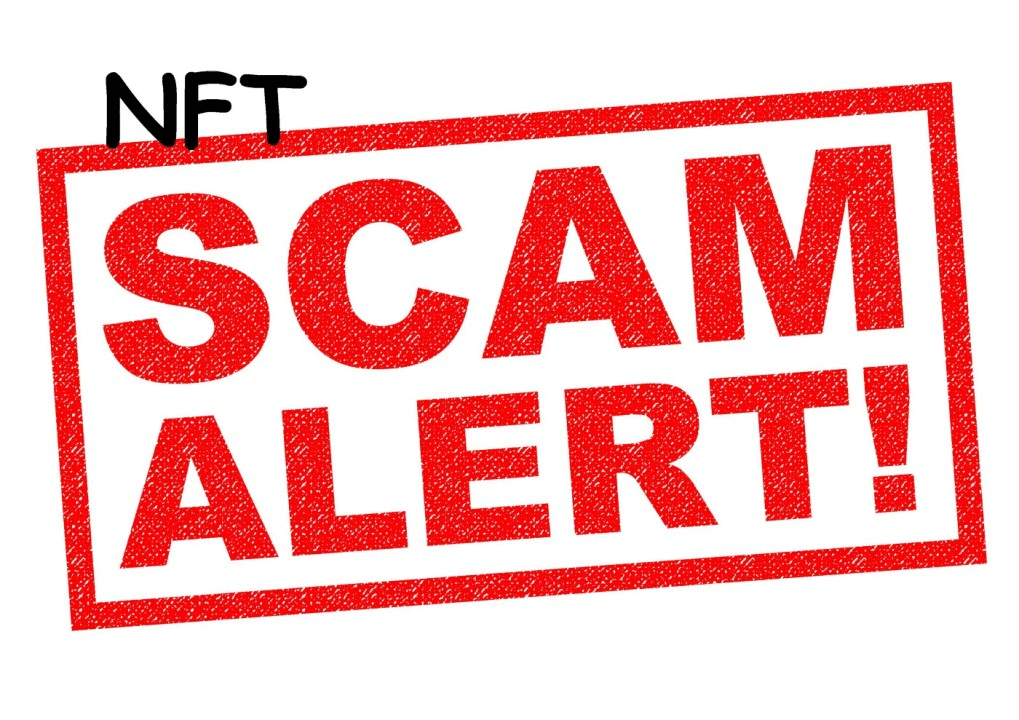The global non-fungible token market has seen unprecedented growth in recent days, marked by significant surge in trading sales volume and floor price values. Nonetheless, the recent explosive growth in the burgeoning NFT market has also led to a rise in scams and fraudulent activities. In a recent incident, someone lost 14.1 Blur (ETH) and one Azuki worth $95,000 after signing a malicious Blur listing signature 1hour ago.
Blur User Loses 14 Blur (ETH) & 1 Azuki NFT
In a December 17 blog post, Scam Sniffer, a renowned all-in-one web3 security solution protecting you from scams and malicious activities through real-time detection and alerts, confirms that a Blur NFT marketplace user has lost 14.1 Blur (ETH) and one Azuki worth $95,000 after signing malicious Blur listing signature one hour ago. This incident signals renewed investor confidence and growing interest in digital assets.
victim:
0x02aded5997938ef8195f6110bf67036bf6e6b67ascammer:
0x0000db5c8B030ae20308ac975898E09741e70000https://t.co/0vhuHbgm9B— Scam Sniffer | Web3 Anti-Scam (@realScamSniffer) December 17, 2024
Scam Sniffer is a web3 anti-scam solution that uses a Chrome extension and API to identify malicious transactions and scam websites in real time. It’s designed to help people fight against crypto scammers and to encourage the widespread adoption of web3. Scam Sniffer has warned of new scams, such as one that uses fake X accounts and malicious Telegram bots created to steal crypto and NFTs from users.
For the past several months, the non-fungible token market has suffered a brutal downturn, which left many non-fungible token collections shielding more than 80% of their floor price values. The recently ended market downturn has chased away both crypto investors and scammers alike. Since the NFT market is rebounding, the non-fungible token investors, scammers and hackers have resurfaced.
How To Avoid NFT Scams This Bull Run Season
Rug Pull is one of the common NFT Scams that happens when promoters create a buzz on social media over a project, making new investors heated in investing in this particular project. Once the price goes up, the project gets abandoned and the investors’ funds are fully gone. To avoid this type of scam, users are advised to conduct due diligence in the developing team to make sure they are well-known and reputable in the crypto community.
Phishing is another common scam in the NFT market. This type of scam usually involves fake websites and pop-ups. In this case, hackers send fake links through social media, and email to collect information on your private wallet keys. After they get your data, your assets are at high risk. To stay safe from this form of scam, users are advised to always use verified websites for NFT transactions.
Related NFT News:
- Daily NFT Sales Hit $55M, Following Recent Surge In Ethereum NFTs
- Binance Sets To List Pudgy Penguins NFT Coin, $PENGU, Today Dec 17
- NFT Collection Floor Prices Rise on Ethereum – $BLUR, $ME
Best Wallet - Diversify Your Crypto Portfolio
- Easy to Use, Feature-Driven Crypto Wallet
- Get Early Access to Upcoming Token ICOs
- Multi-Chain, Multi-Wallet, Non-Custodial
- Now On App Store, Google Play
- Stake To Earn Native Token $BEST
- 250,000+ Monthly Active Users


